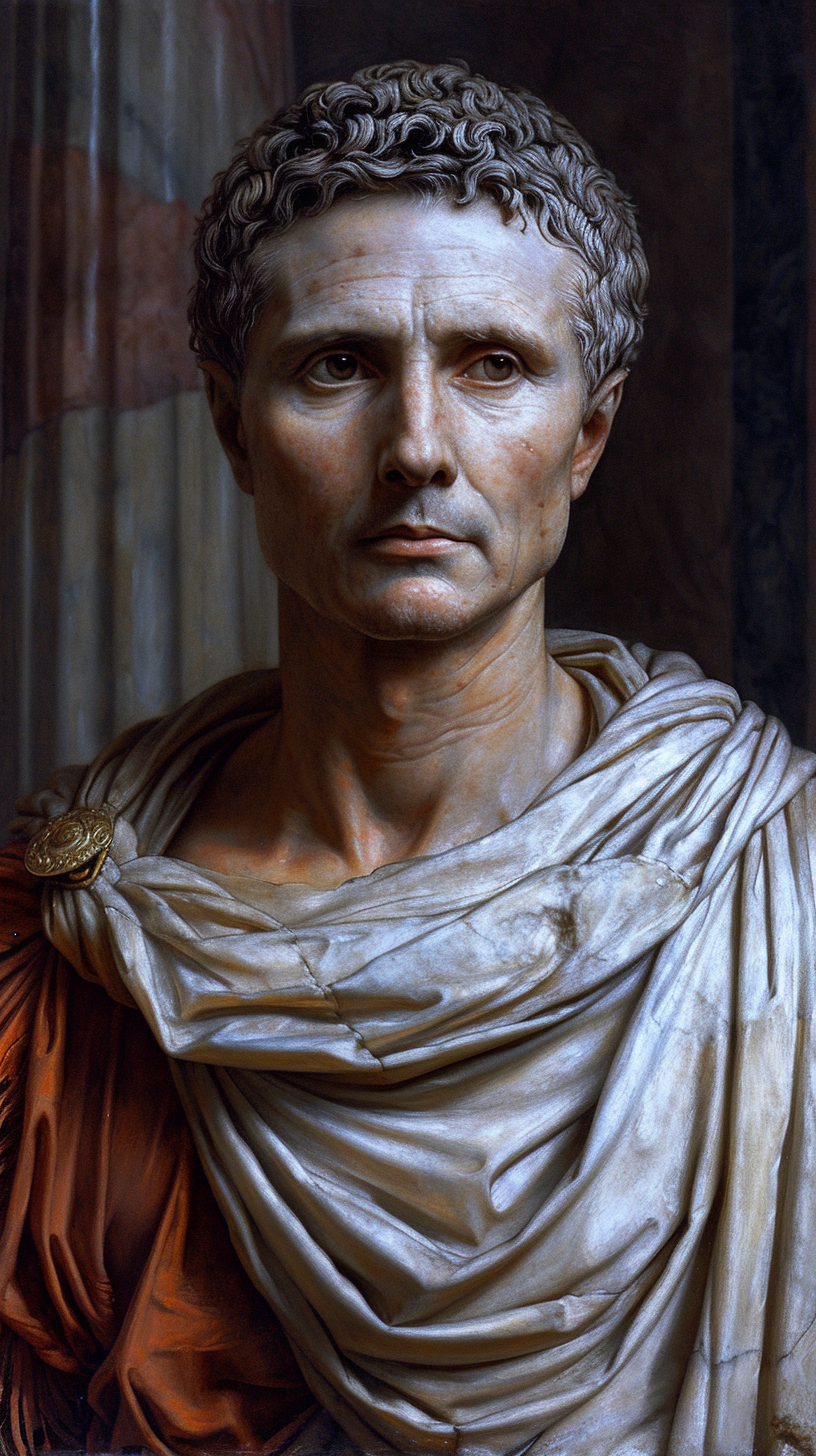On January 16, 27 BC, a significant event took place in ancient Rome that would forever change the course of history. Octavian, also known as Gaius Octavius or Octavianus, was officially proclaimed the first Roman Emperor, assuming the title Augustus. This momentous occasion marked the end of the Roman Republic and the birth of the Roman Empire, setting the stage for centuries of imperial rule.
Octavian’s rise to power was the culmination of a series of political and military maneuvers that began after the assassination of his great-uncle, Julius Caesar, in 44 BC. Following Caesar’s death, Octavian formed the Second Triumvirate alongside Mark Antony and Marcus Aemilius Lepidus, effectively becoming one of the most powerful men in Rome.
Over the next decade, Octavian skillfully navigated the turbulent waters of Roman politics, consolidating his power and eliminating his rivals. His military campaigns, such as the defeat of Antony and Cleopatra at the Battle of Actium in 31 BC, further solidified his position as the undisputed leader of Rome.
By 27 BC, Octavian had achieved a level of authority and control that surpassed any previous Roman leader. The Senate, recognizing his immense influence and military prowess, bestowed upon him the title Augustus, meaning “revered” or “majestic.” This title not only symbolized Octavian’s position as the first among equals but also marked the beginning of a new era in Roman history.
Under Augustus’ rule, the Roman Empire experienced a period of relative peace and stability known as the Pax Romana, or Roman Peace. This era, which lasted for approximately two centuries, brought about significant cultural, economic, and administrative reforms that laid the foundation for Western civilization.
Augustus implemented various policies aimed at strengthening the empire and ensuring its longevity. He initiated a series of military reforms, expanding and reorganizing the Roman army to better defend the borders of the empire. Additionally, Augustus undertook extensive public works projects, improving infrastructure, and promoting urban development throughout the empire.
One of Augustus’ most notable achievements was the establishment of a new system of government. While he maintained the facade of a republican government, with the Senate and other traditional institutions still in place, Augustus held ultimate power as the emperor. This system, known as the principate, set the precedent for future emperors and provided a framework for the imperial administration.
Augustus’ reign also witnessed a flourishing of art, literature, and architecture. The period is often referred to as the Golden Age of Latin Literature, with renowned authors such as Virgil, Horace, and Ovid producing some of their most celebrated works. Augustus himself was a patron of the arts, commissioning numerous architectural projects and promoting the development of Roman culture.
The legacy of Augustus and his reign as the first Roman Emperor cannot be overstated. His establishment of the principate laid the groundwork for a centralized and autocratic form of government that would endure for centuries. The Pax Romana brought stability and prosperity to the empire, fostering advancements in trade, technology, and intellectual pursuits.
Today, the impact of Augustus’ rule can still be felt in the remnants of ancient Roman architecture, the influence of Roman law, and the enduring legacy of the Roman Empire. The proclamation of Octavian as the first Roman Emperor on January 16, 27 BC, marked a turning point in history and set the stage for the rise and fall of one of the greatest civilizations the world has ever known.
For more information on Octavian and the Roman Empire, you can visit the following external references:
SEO Excerpt: On January 16, 27 BC, Octavian was proclaimed the first Roman Emperor, taking the title Augustus. This event marked the end of the Roman Republic and the beginning of the Roman Empire. Augustus’ reign ushered in an era of relative peace known as the Pax Romana, significantly shaping the future of Western civilization. Learn more about this pivotal moment in history and its lasting impact.

